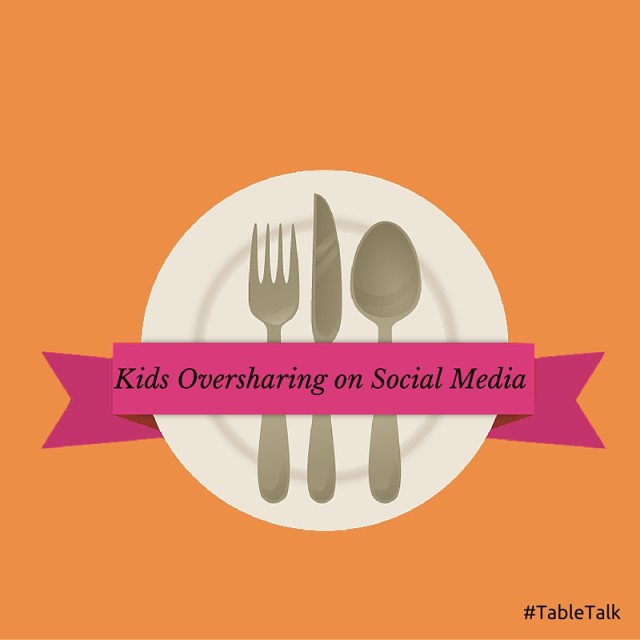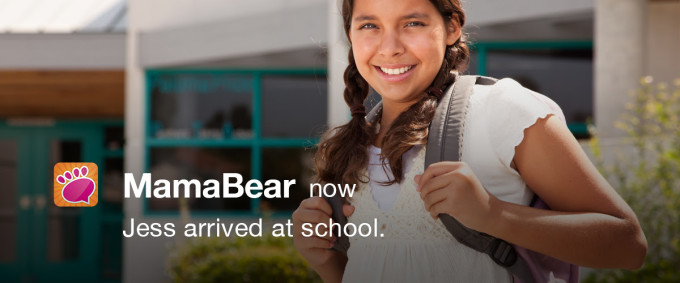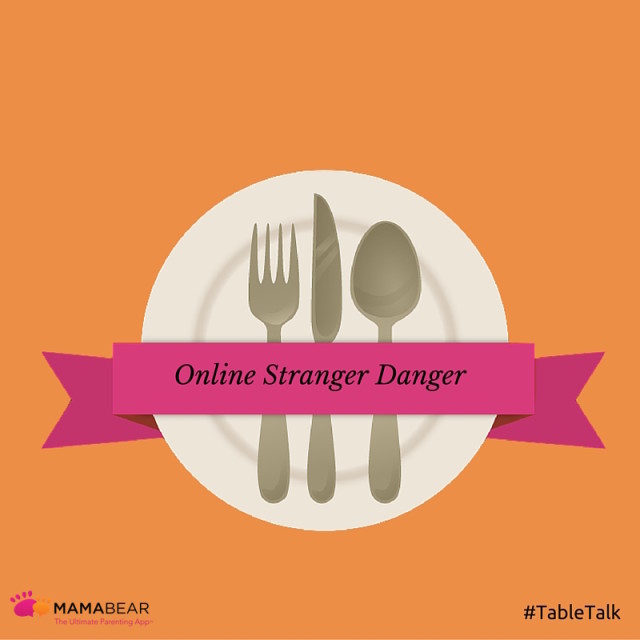Anneli-Marie R. was a normal 17-year-old walking her dog one evening in the countryside of Eastern Germany.
When Anneli-Marie didn’t return that night, her father went to look for her. He spotted her dog, but she was nowhere to be found. Then, her parents received a distributing call.
Kidnappers, claiming to have Anneli-Marie, called her parents and requested a ransom of over $1 million in exchange for her safe return.
A Tragic Loss for One Teen’s Family
The parents obliged and promised to do whatever they could to get their daughter back. But the exchange never took place as the kidnappers panicked and cut contact with the parents. They later killed Anneli-Marie and left her body on a farm near her home.
Two men — Markus B., 39, and Norbert K., 61 — were arrested in the murder that took place in mid-August. The men were familiar with both Anneli-Marie and her father, a local businessman, when they abutted the girl from the street.
One of the men lived near the victim, and police believed that before the kidnapping, the man scouted the location and researched Anneli-Marie on Facebook.
The Scary Truth About Social Media Sharing
It hasn’t been said exactly what information the men found by researching Anneli-Marie on Facebook. But knowing that the girl’s kidnappers studied her Facebook page highlights some of the scary realities of social media profiles.
Through social media, strangers can begin to identify a person by sight and even learn about their habits and activities.
Public social media profiles send out more information than we realize, and that danger is amplified when users overshare through social media.
Related Post Table Talk: Viral Video Shows the Reality of Online Stranger Danger
How to Talk to Your Kids About Oversharing on Social Media
Oversharing on social media is common among kids and teens as they don’t realize the full reach of their posts. As parents, you need to explain to your kids why oversharing is dangerous for them and everyone in the family and arm your kids with best practices that will protect them.
Here are a few of our recommended best practices:
Set Profiles to Private. There are multiple privacy settings on each social media site. Before your child joins any social site, review the privacy options and decide on the safest settings together.
Never Accept Requests from Strangers. When you approve a friend or follower, they often get additional access to your information and updates. Never accept a friend request unless you have met the person in real life and you know them well. Don’t accept someone just because you have many mutual friends online.
Don’t Overshare Personal Information. Certain information should never be shared on social media including photos that might indicate information such as:
- address
- phone number
- school name
- social security number
- passwords
Don’t Share Your Life in Real Time. While it is common for teens to share their life on social media as it is happening, it is better to share after an event or experience. If your family is going on vacation, tell your teen not to mention it on social media as it can signal to followers that nobody is home at your house. It is also unsafe to share your location as it makes it easy for stalkers to know where you are at the exact time.
As you teach your children best practices for managing their social media accounts, it is a good idea to follow up and ensure they are doing what you taught them.
You can use the MamaBear app, Peace of Mind Parenting™ app to easily monitor your child’s social media sites all in one place. The free app, available for iPhones and Androids, connects your account with your child’s so you can keep an eye on their activity in real time, further protecting them in the often scary world of social media.







